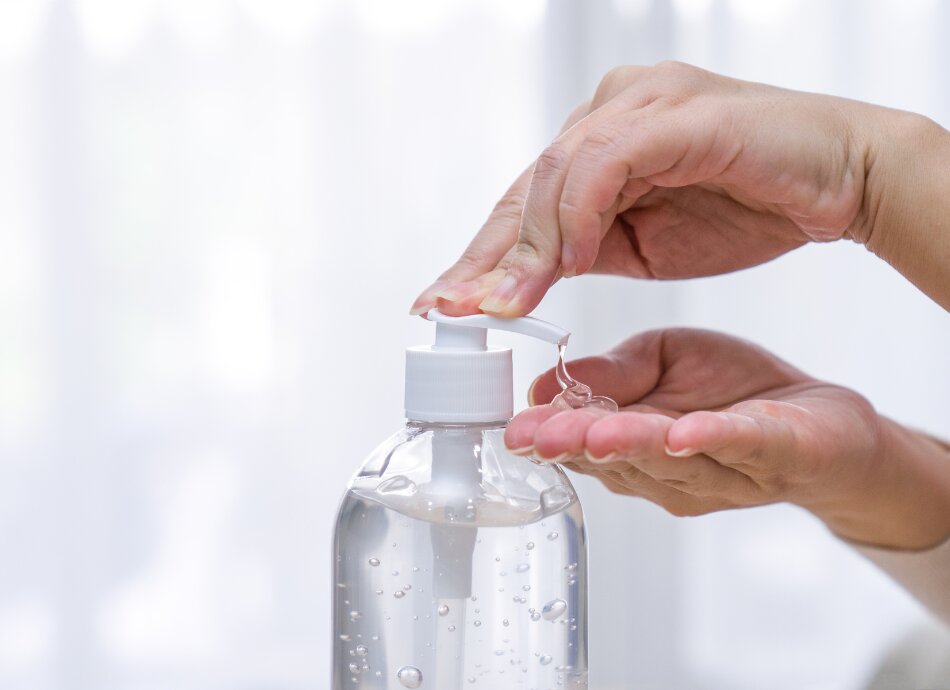Extended-spectrum beta-lactamases (ESBL) are chemicals produced by some bacteria that prevent certain antibiotics from working. Bacteria that produce these chemicals are more resistant to many antibiotics used to treat infections, making these infections more difficult to treat. Read more about antibiotic resistance.
ESBL-producing bacteria are commonly found in your bowel. They can live harmlessly in your bowel without causing you to become ill. This is called colonisation and you don't require treatment for it. Having ESBL-producing bacteria is not a threat if you are fit and healthy.
However, sometimes when your immune system is weakened, these bacteria can cause you to become unwell with symptoms such as fever. This is called an infection. Antibiotics are needed to treat the infection, but resistance from ESBL limits the range of antibiotics that can be used.
Low or no data? Visit zero.govt.nz, scroll down the page then click on our logo to return to our site and browse for free.
ESBL – extended-spectrum beta-lactamases
Key points about extended spectrum beta lactamases
- Extended-spectrum beta-lactamases (ESBL) are chemicals produced by some bacteria that prevent certain antibiotics from working.
- Infections caused by ESBL-producing bacteria are more difficult to treat.
- Good hand hygiene is the most important way to prevent the spread of these bacteria.

ESBL producing bacteria are found in the community and in the hospital. It's not certain exactly how people get ESBL. You can pick it up while travelling or you can get it from a previous hospital stay. You can pick it up from contact with staff, other patients or visitors who have ESBL.
You are at higher risk of having ESBL producing bacteria if you:
- have frequent hospital stays
- use antibiotics often
- have a urinary catheter
- have a weakened immune system through illness, medication or surgery.
If you have ESBL-producing bacteria during your stay in hospital precautions will be taken to reduce you spreading it to other patients and staff.
- You may be moved to a single room and placed in contact isolation. If you are in contact isolation, it's important that you don't visit patients in other parts of the ward or in other wards. You may also be asked not to go into communal areas.
- You may have your own toilet.
- Hospital staff may wear gloves and gowns or aprons when caring for you.
- Your room may have a sign on the door so staff and visitors know that additional precautions are required.
- Your room and the equipment used in your room will be cleaned and disinfected regularly.
Having ESBL will not affect your discharge home. You can go home as soon as your doctor says you are ready.
Hand hygiene
Good hand hygiene is the most important way to prevent the spread of ESBL in hospital. Wash your hands with soap and water or rub your hands with an alcohol hand gel regularly, especially after going to the toilet or leaving your room. Read more about hygiene and hand washing.
What about family and visitors?
Family and friends including children and pregnant women can visit you and have close contact with you such as hugging, kissing and holding hands. It is important though that they wash their hands with soap and water or rub their hands with an alcohol hand gel before leaving your room.
What about future hospital admissions?
At future hospital admissions, you may be checked again for ESBL. Your body may clear the bacteria as you become well but that doesn't always happen.
Once you are out of hospital you can carry on your usual activities. Having ESBL is not a risk to the health of your family and friends when you are at home or at work. Towels, clothes, bed sheets and other items can be washed as usual. All utensils and dishes can be washed as usual. Restrictions on activities or visitors to your home are not necessary. Good hand hygiene by washing your hands regularly especially before preparing food and after going to the toilet should be done at all times.
The following links provide further information about ESBL. Be aware that websites from other countries may have information that differs from New Zealand recommendations.
Extended-spectrum beta-lactamases(external link)(external link) Patient Info, UK, 2015
Resources
How to hand rub(external link)(external link) HQSC, Ministry of Health, NZ and Hand Hygiene NZ English(external link)(external link), Hindi(external link)(external link), te reo Māori(external link)(external link), Samoan(external link)(external link), Tongan(external link)(external link), Arabic(external link)(external link), Chinese (Simplified)(external link)(external link), Chinese (Traditional)(external link)
(external link)How to hand wash(external link)(external link) HQSC, Ministry of Health, NZ and Hand Hygiene NZ English(external link)(external link), te reo Māori(external link)(external link), Samoan(external link)(external link), Tongan(external link)(external link), Arabic(external link)(external link), Hindi(external link)(external link), Chinese (Simplified)(external link)(external link)
Hand washing & hygiene factsheet(external link)(external link) National Public Health Service – Northern Region, 2013 English(external link)(external link), Samoan(external link)(external link)
Reference
Extended-spectrum beta-lactamases (ESBLs) – FAQs(external link)(external link) Public Health England
Credits: Healthify editorial team. Healthify is brought to you by Health Navigator Charitable Trust.
Reviewed by: Angela Lambie, Pharmacist, Auckland
Last reviewed:
Page last updated:





